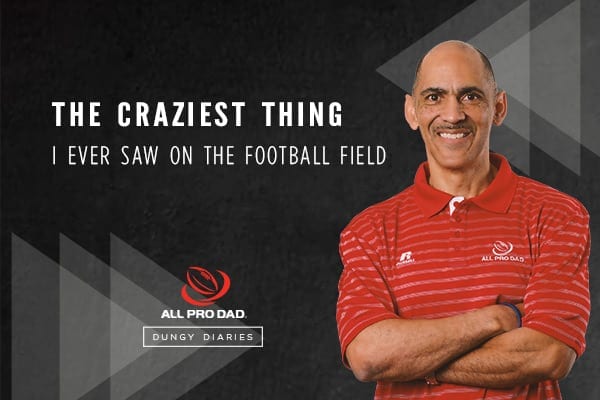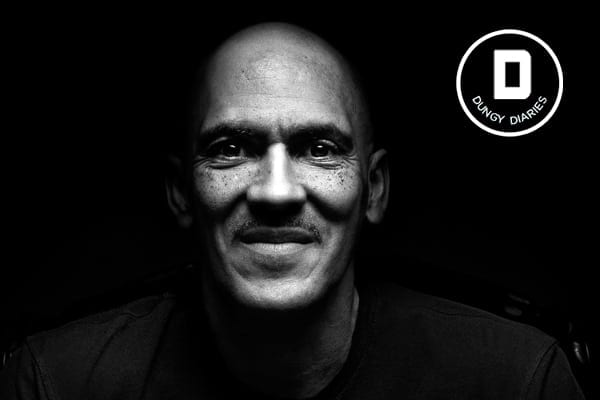Last Sunday on NBC’s Football Night In America, we showed three helmet to helmet hits that took place during that afternoon of football. Rodney Harrison and I had some thoughts on what the NFL should do to help curb the number of these types of impacts. Rodney’s premise was that fines did not work. He said ejections or suspensions were the best deterrent. I agreed with him because I feel most of these hits are unintentional. Most of these helmet to helmet impacts come from the defender’s desire to dislodge the ball. We need to use ejections or suspensions to encourage defenders to change their technique.
Over the last couple of days I’ve had conversations with several former players, including John Lynch, who played for me in Tampa. I defended John on several fines that were imposed on him for illegal hits. From my experience coaching on the defensive side of the ball, I know from that there are no simple answers. John Lynch was not a dirty player, and is one of the nicest guys you will ever come across. But he was very determined to do his job—to prevent receivers from catching balls. He did everything he could to hit people within the rules, but he pointed out to me that it’s not always easy when you’re tackling a moving target. John feels that suspensions will definitely get the message across to players that things have to change. And, to me, that’s the important thing. With players getting faster and stronger, we have to reduce the number of these blows, and reduce the number of concussive episodes—for the good of all players.
I don’t believe anyone playing this game is deliberately trying to hurt anyone. Players have too much respect for each other. They all know that football is a dangerous game to begin with. I know that defensive players will voice the opinion that they are being picked on and that not enough is being done to protect them. But the league simply has to look at ways to reduce these violent head shots and protect everyone. As a former coach, I do believe that if ejections or suspensions are handed out—even when the hit is not intentional—it will cause coaches to teach tackling techniques differently. They’ll do that because they won’t want to be without the services of their best players. In the long run that’s what we all want—for the best players to be on the field as much as possible.
That’s my take… what’s yours?









